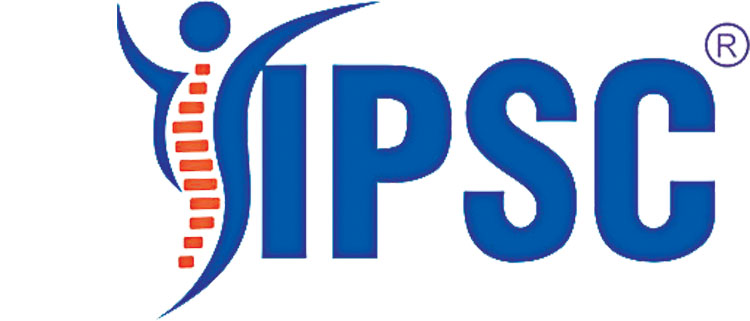New Delhi, Sep 15 (Bureau) Over 19 per cent of Indian adults suffer from chronic pain which is rapidly emerging as a significant healthcare challenge in India that is going to extract a heavy toll on the social and health infrastructure of the country in the coming years, Interventional Pain and Spine Centre (IPSC) said on Wednesday. According to IPSC, more than 19 per cent of the Indian adult population today suffers from chronic pain of some kind, with prevalence being higher in females. It increases steeply beyond the age of 65 years. The hospital said that the prevalence could be the tip of the iceberg as Indians usually understate their health issues and would rather not reveal their pain problems to others. According to medical literature, chronic pain could be defined as any persistent pain lasting more than three months.
Dr (Maj) Pankaj N Surange, Managing Director and CEO, IPSC, said that sedentary lifestyle among youth and rising life expectancy among older people are triggering increasing incidence of chronic pain in India. “There has been a gradual rise in the number of older people in the society due to rising life expectancy. This is driving an increase in the incidence of chronic pain. The younger population too is getting affected, mainly due to leading a sedentary and physically inactive lifestyle. The commonest types of chronic pain faced by people include spinal pain, joint pain and migraine. Arthritis, degenerative conditions of the spine, and cancer are the most common contributors to chronic pain,” he observed. Speaking further, Dr Surange said that the issue of chronic pain will take a huge social and economic toll in the next two decades with significant spending on surgical treatment and hospitalization. “It has a serious impact on work, with increasing loss of workdays associated with chronic pain, especially low back pain. It also interferes with one’s social life, daily routine like walking or exercising, taking care of oneself and the family, and leading an independent lifestyle.
Many patients start suffering from depression, anxiety and sleeping problems. Chronic pain does not occur in isolation. There are often a variety of mental and physical health problems behind it,” he added. Talking about the treatment of chronic pain, Dr Swati Bhat, consultant interventional, spine & cancer pain, at the hospital said the early medical interventions can relieve chronic pain conditions. “For most cases of chronic pain, less invasive and target-specific interventions (called interventional pain management) are better alternatives compared to open surgical methods, as these involve less risk and trauma to the patient. They are also much safer and don’t require hospital admission. Since most of these non-surgical procedures can be done in a daycare setting, they cost almost half compared to conventional surgeries. Patients can go back home the same day. Early interventions not only relieve pain but also reduce morbidity and improve quality of life,” she added. A 2018 survey of 20,000 patients with back pain from Indian metro cities estimated that 46 per cent of Bengaluru’s population in the younger age group suffers from spinal problems. This is among the highest incidence in the country. About 43 per cent of patients neglect their pain for more than 7 weeks, leading to delayed treatment and increased risk of surgery.

